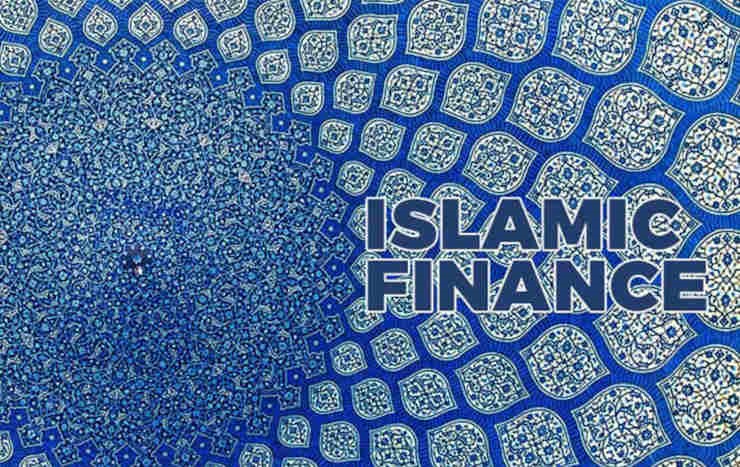HAQQ Network Expanding Islamic Web3 Initiative With Gold Token and RWA” has taken a significant leap forward with the launch of its Gold Token in June, marking a critical advancement in the network’s broader ambition of tokenizing real-world assets (RWA). In a detailed blog post, Alex Malkov, the co-founder and CEO of HAQQ Network, highlighted the dual role of the Gold Token—not only as a stable store of value but as a pivotal element in the Islamic Interbank Market.
Tokenized commodities like the Gold Token promise a more streamlined and transparent approach than traditional asset exchanges. The Gold Token is not just a digital asset but is directly exchangeable for physical gold. HAQQ plans to expand this concept to include other investment commodities and potential securities.
Furthering its innovative strides, HAQQ Network also intends to tokenize Islamic financial products such as Sukuk, transforming them into blockchain-based tokens. This transformation enhances liquidity, accessibility, and efficiency, allowing for fractional ownership and broader distribution. Importantly, these tokens adhere to Shariah law, integrating compliance rules within the token’s smart contracts to ensure religious adherence.
Expanding its offerings, HAQQ has recently introduced VISA cards denominated in its ISLM token, explicitly targeted at EU residents. This development represents a significant stride toward bridging Islamic digital assets with mainstream financial services, offering EU users a platform to manage their finances according to Islamic principles.
Last year, the Islamic Coin project under HAQQ Network saw an impressive launch, garnering extensive coverage from leading crypto publications globally and major fintech outlets in the Middle East. The project built a robust community of over 1.5 million members and was backed by an advisory board that includes members from the UAE’s ruling families. The ISLM token raised substantial funds through private sales and secured investments, totalling over $400 million.
However, despite its successful launch and substantial technological foundation, Islamic Coin faced hurdles, including regulatory scrutiny and media misinformation. The Virtual Asset Regulatory Authority (VARA) initiated an investigation, but HAQQ Network cooperated fully, leading to the closure of the investigation without any enforcement actions.
Alex Malkov acknowledged the challenges posed by the VARA investigation but reiterated their commitment to transparency and combating misinformation and Islamophobia. This stance aims to foster a more inclusive and equitable financial ecosystem. Despite setbacks, Islamic Coin is now listed on major centralized exchanges such as KuCoin, LBank, XT, and MEXC and decentralized platforms like SushiSwap, Osmosis, and Uniswap. This has significantly boosted the token’s liquidity and visibility.
Moreover, HAQQ has launched a non-custodial wallet available on the Apple Store and Google Play, designed to attract non-crypto users with features like social login and device recovery. This wallet is trendy in regions such as Nigeria, Indonesia, and Turkey, providing secure asset management without intermediaries.
A noteworthy wallet feature of the “HAQQ Network Expanding Islamic Web3 Initiative With Gold Token and RWA” is staking, where ISLM holders can earn rewards while enhancing the network’s security and governance. Additionally, they can participate in ‘halal yield’ through liquidity pools on decentralized exchanges, adhering to Islamic financial principles and enabling Muslim investors to engage in the digital economy without compromising their religious values.
HAQQ Network’s dedication to merging Islamic finance with cutting-edge Web3 technology demonstrates its potential to influence the financial landscape significantly, adhering strictly to Islamic ethical standards





 TRENDING12 months ago
TRENDING12 months ago
 PROFILE9 months ago
PROFILE9 months ago
 BUSINESS & ECONOMY3 years ago
BUSINESS & ECONOMY3 years ago
 BUSINESS & ECONOMY3 years ago
BUSINESS & ECONOMY3 years ago
 HALAL ECONOMY10 months ago
HALAL ECONOMY10 months ago
 BUSINESS & ECONOMY3 years ago
BUSINESS & ECONOMY3 years ago
 SPECIAL REPORTS5 months ago
SPECIAL REPORTS5 months ago
 BUSINESS & ECONOMY3 years ago
BUSINESS & ECONOMY3 years ago


